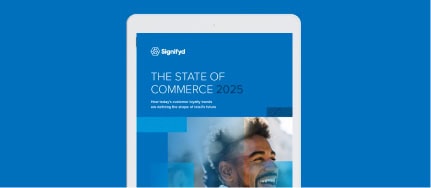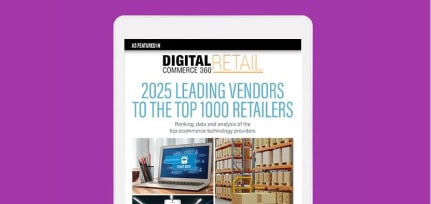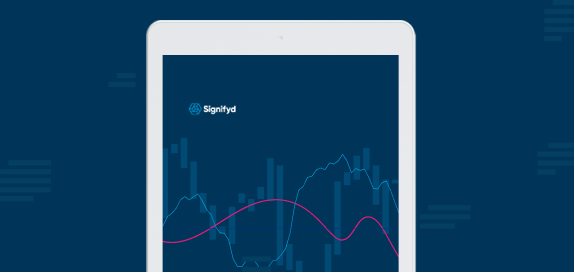The coronavirus’ effect on ecommerce, the merchants who provide it and the consumers who depend on it shift by the day — or hour.
The changes are big and small — everything from supply chain disruptions to the announcements by FedEx and UPS that they would no longer be requiring signatures on most deliveries that had until now required them.
It is a wise and necessary decision aimed at contributing to the national imperative of “flattening the curve,” or slowing the spread of COVID-19. It also, of course, has ramifications for online retailers who rely on a signature as confirmation that a package made it safely to its intended customer.
Without a FedEx signature release as proof of delivery, merchants could experience a spike in item-not-received (INR) claims. Some of the increase could be attributed to shoppers seeking to take advantage of a bad situation.
- FedEx and UPS are no longer requiring signatures on many ecommerce deliveries that have historically required signatures. The companies want to protect workers and consumers from the spread of COVID-19.
- Other delivery services that serve ecommerce merchants and consumers are likely to follow suit.
- The change could lead to an increase in INR claims, Signifyd’s head of risk operations says.
Other consumers might be concerned about returning an item. Many physical stores are closed and some might be worried about going to those that are open. Even a trip to the local post office can be daunting in the midst of the pandemic. To some shoppers, filing a claim with a credit card issuer might seem the best alternative.
“I do think INR claims are most likely to increase,” says Ping Li, Signifyd’s head of risk operations. “Merchants, particularly those selling luxury goods, should establish a pre-coronavirus benchmark and then pay close attention to any fluctuations in their INR claims. An increase in claims might mean it’s time to work with carriers on finding creative solutions.”
The best way to handle the new rules varies by retailer
The right answer might vary by retailer. Perhaps a confirmation text from customer to delivery person could serve as confirmation. A photo of the delivered package might help in some cases.
For Signifyd merchants, the fear of friendly fraud is one less concern in a chaotic time. Signifyd INR Protection extends Fraud Protection to item-not-received chargebacks. automatically investigates and resolves all INR claims. The solution, which investigates and resolves all INR claims, includes a financial guarantee. Merchants are directly reimbursed for any INR chargebacks. It also provides Chargeback Recovery, which addresses every other chargeback transaction types.
For its part, UPS has included a safeguard in its no-signature policy that is aimed at limiting the increase in INR claims. From the UPS announcement:
“Despite this adjusted process, the driver will still need to make contact with the consignee. The consignee must, at the time of delivery, acknowledge that UPS is making a delivery and, if applicable, show government issued photo ID.”
Presumably, the requirement could be met through a window or closed door.
What effect will no-signature policies have on porch piracy?
An adjacent problem brought on by the end to signature requirements is a potential increase in porch piracy. If FedEx, for instance, is leaving more packages at doorsteps, there are more opportunities for thieves to make off with them. Li says that’s true in theory, but in reality that’s not likely to be a big problem with shelter-in-place orders becoming more common.
“Most people are at home,” she explains, “which should reduce the probability of porch theft, I suppose.”
The approach by FedEx and UPS (so far no similar notices appear on the sites of DHL or the U.S. Postal Service) provide a good example for all businesses. Being transparent and helpful in a time of confusion is a comfort to consumers.
FedEx, for example, pointed out that while this pandemic is unprecedented, the company has always been prepared for disruption.
“We have 47 years of experience in proactively addressing situations that can occur at any given time anywhere in the world,” a statement on the FedEx site says. “For COVID-19, it is all hands on deck. Our pandemic planning includes operational business continuity plans designed to position each of our operating companies for success even under the most trying of circumstances.”
The virus has created an all hands on deck culture across the ecommerce industry, with vendors up and down retailers’ tech stacks offering tools to keep businesses running in the face of the coronavirus. Some, like Signifyd, are offering free and discounted business continuity solutions.
The availability of the solutions offer a bit of reassurance and a reminder that we will all get through this and business will carry on. Stay positive and stay well.
Photo by Mike Cassidy








